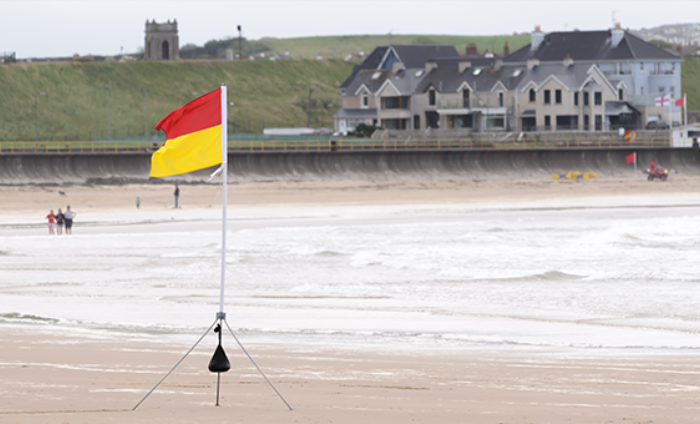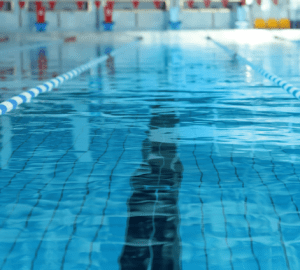
RLSS UK, Swim England and British Triathlon issue safety advice for swimmers following easing of national lockdown
Swim England has joined forces with the Royal Life Saving Society UK and British Triathlon to stress the importance of being outdoor swimming savvy in a bid to prevent ‘avoidable tragedies’.
With the national lockdown restrictions easing across the country from Monday 29 March and a warm spell forecast over the looming Easter holidays, the bodies have reiterated some top tips to ensure people enjoy water safely.
Enforced pool closures have resulted in thousands of youngsters missing out on potentially life-saving swimming and water safety lessons at school – prompting fears it could lead to an increase in tragic accidents.
With drowning among the leading causes of accidental death in children and young people, the safety advice has been published to make people aware of the risks associated with being in, on and around open water.
More and more people have taken up open water swimming since the first national lockdown and Swim England, RLSS UK and British Triathlon are keen that the risks are carefully considered, before people head out.
Jon Glenn, Swim England’s learn to swim director, said: “It’s fantastic to see open water venues reopening.
“Swimming in the great outdoors can be an extremely calming and have a huge impact on people’s physical and mental health.
“However, people need to be aware of the risks before going swimming in lakes, lochs, rivers and the sea as it is very different to swimming in an indoor pool.
“The temperature of the water and currents can often surprise inexperienced open water swimmers and lead to them getting into difficulties.
“If you’ve never been open water swimming before, it’s imperative you try it first at an accredited or recognised open water where staff can help you with safety advice and help you get accustomed to swimming outdoors.
“On warm days, the water can look very appealing but it can have hidden dangers and we would encourage everyone to stay safe, follow our advice and help prevent avoidable tragedies.”
Lee Heard, Charity Director for RLSS UK said: “In broad terms, the general public are largely unaware of the fact that most accidental drownings occur inland, at sites like rivers, lakes and quarries, and all-too-often cold water is a critical factor in this loss of life.
“As we spring into summer, many will be excited about the opportunity to tap into the benefits of open water swimming, and there will be an understandable temptation to flock to our beautiful coast and inland spots, either just to enjoy their beauty or to take a dip.
“Across the UK, the water temperature is still incredibly cold this time of year, even for those experienced open water swimmers. Acclimatising to cold water is an incredibly important part of preparing to enter the water, and it’s something you can do easily at home and at the site when you arrive.
“RLSS UK are urging people to educate themselves on how to enjoy water safely and take personal responsibility for preventing a fun and rewarding dip in cold water, ending in tragedy.”
Andy Salmon, British Triathlon CEO, said: “Like our entire community, we are excited that outdoor organised sport can resume, and it’s great to see outdoor venues opening today.
“We also know that it’s been a long time coming for many, but we want people to consider their fitness and water temperatures before they dive back into open water swimming. We want people to be safe and enjoy their experience as we all look forward to getting back to a more recognisable life post lockdown.”
Swim England, RLSS UK and British Triathlon has issued the following advice for anyone considering going open water swimming:
Plan your swim
Think about the water temperature and weather
Plan your exit before you get into the water. Consider any currents, the tidal flow and wind direction.
Adhere to social distancing requirements throughout your swim, including arrival, changing and post-swim.
Look out for safety signs and online information/feedback. If a sign says ‘no swimming and/or ‘danger’, don’t swim there.
Let someone in your household know where you are, what you are doing and expected time to return.
Have the right equipment
Wetsuits help to manage exposure to cold water, they help insulate against the cold and keep you buoyant in open water.
Wear a brightly coloured swim hat.
Take a tow float Know your limits.
Reduce the impact of cold water shock, acclimatise in the home environment and enter the water slowly.
All open water swimming should take place in water at 11 degrees or above, unless you are an experienced and competent cold water swimmer.
Unless you are a competent swimmer open water swimmer, swim under the supervision of lifeguards.








